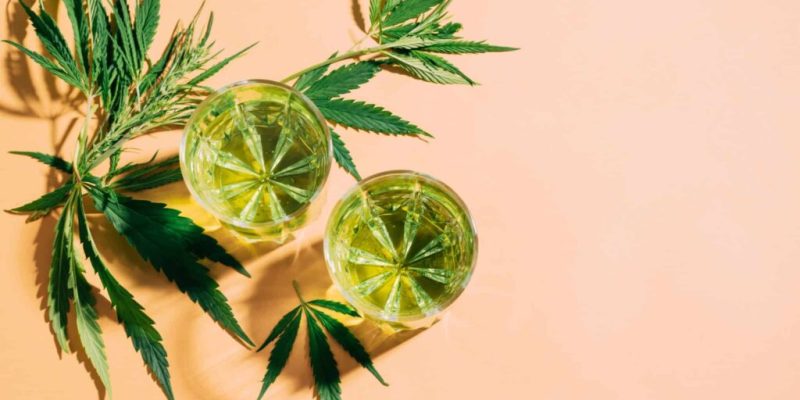Cannabis beverage manufacturers employ sophisticated production techniques and quality control measures to maintain precise THC concentrations throughout their product lines. Consistent dosing requires rigorous testing, specialized equipment, and standardized procedures that ensure every bottle contains exactly the labeled amount of cannabis compounds. best thc drinks achieve reliability through comprehensive manufacturing protocols that eliminate dosing variations between batches and individual containers.
Extraction infusion methods
Cannabis manufacturers begin with standardized extraction processes that create consistent THC concentrates before beverage production starts. These comprehensive extraction and infusion procedures ensure uniform cannabinoid yields through controlled processing. Key extraction and infusion processes include:
- Supercritical CO2 extraction using precise temperature and pressure controls for uniform yields.
- Ethanol processing creates concentrated THC oils with predictable potency levels.
- Additional refinement stages, removing impurities and standardizing cannabinoid profiles.
- Automated dosing systems deliver exact amounts of THC concentrate into each batch.
- Continuous mixing ensures even distribution throughout the liquid medium before packaging.
- Detailed record-keeping and tracking to extract potency throughout the entire production chain.
The purification process creates base materials with known THC concentrations that serve as the foundation for accurate beverage dosing. Infusion techniques then incorporate these standardized extracts into beverage bases using precise measurement equipment while manufacturers maintain comprehensive documentation to ensure traceability and consistency across all production batches.
Laboratory testing protocols
Professional cannabis beverage manufacturers conduct extensive laboratory testing at multiple production stages to verify THC concentrations and identify potential inconsistencies. This protocol measures cannabinoid levels using high-performance liquid chromatography. Raw material testing confirms the potency of incoming cannabis extracts before production begins. In contrast, in-process testing monitors THC levels during beverage manufacturing to catch deviations early in the production cycle.
Third-party laboratory verification provides independent confirmation of internal testing results. These external labs use different equipment and methodologies to validate manufacturers’ claims about THC content. Testing protocols include:
- Potency analysis measuring THC and other cannabinoid concentrations
- Homogeneity testing ensures even distribution throughout each batch
- Stability testing confirming that THC levels remain consistent over time
- Contamination screening detecting pesticides, heavy metals, and microbials
Multiple testing points throughout production create comprehensive quality assurance that catches dosing inconsistencies before products reach consumers.
Production quality standards
Manufacturing facilities implement standardized operating procedures that eliminate human error and equipment variations that could affect THC dosing accuracy. These quality standards govern every aspect of production from ingredient handling to final packaging processes, while temperature and environmental controls maintain optimal conditions for THC stability during processing. Automated mixing systems ensure thorough distribution of cannabis compounds throughout beverage batches, while precise timing controls prevent degradation that could reduce potency levels. Equipment calibration schedules verify that dosing machinery maintains accuracy over time, while regular maintenance and replacement protocols prevent mechanical drift that could gradually affect THC concentrations in finished products.
Emulsification technology systems
THC naturally repels water, requiring specialized emulsification technology to create stable cannabis beverages with consistent dosing. These systems break THC oils into microscopic particles that remain evenly suspended throughout aqueous solutions without separation over time. Nano-emulsification creates small particle sizes that enhance bioavailability while maintaining uniform distribution throughout the beverage. Emulsification processes include:
- High-pressure homogenization creates stable THC-water mixtures
- Ultrasonic processing breaks down oil particles to nanoscale sizes
- Surfactant addition helps THC molecules bind with water-based liquids
- Stabilizer compounds preventing separation during storage periods
- pH adjustment optimizing conditions for long-term stability
These technologies ensure that every sip contains the same THC concentration as labelled, preventing the uneven dosing that plagued early cannabis beverages, where THC would settle or separate from the liquid base. The combination of sophisticated manufacturing techniques and rigorous testing protocols has transformed cannabis beverages from inconsistent early products into precisely dosed consumer goods that meet pharmaceutical-grade quality standards.











Comments